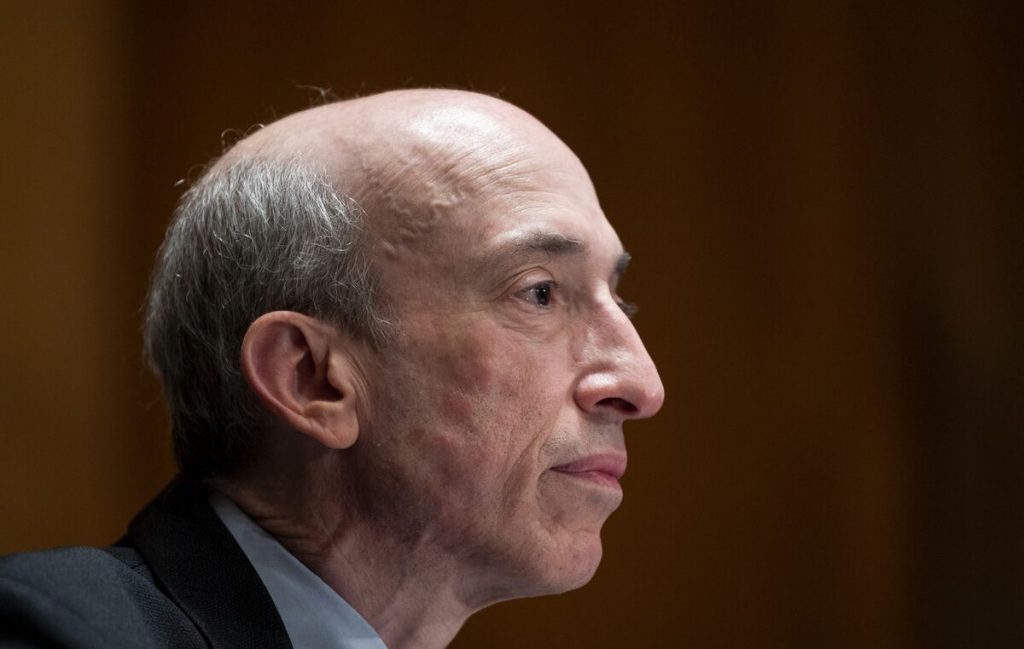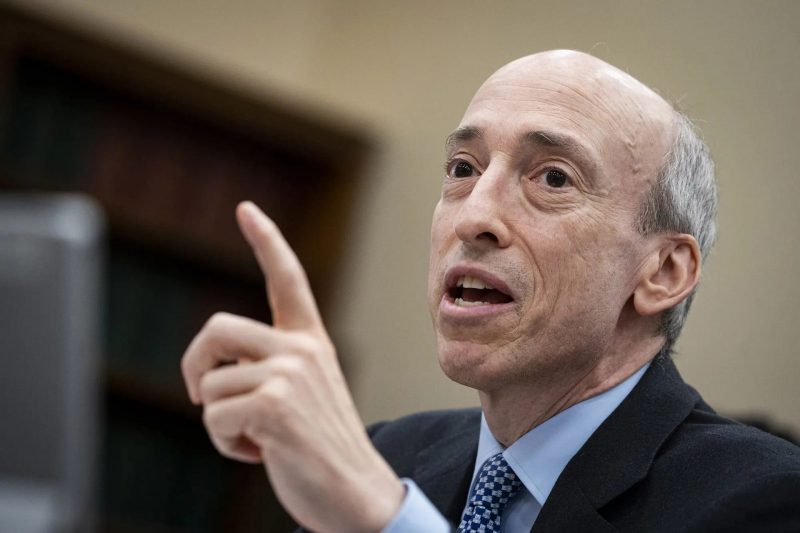During his testimony before the US House Financial Oversight Committee, US Congressman Patrick McHenry threatened SEC chair Gary Gensler with a subpoena. Indeed, the Congressman called out Gensler’s refusal to be transparent with Congress regarding his interaction with FTX and Sam Bankman-Fried.
US Congressman McHenry did not hold back in his assessment of Gensler’s transparency regarding the bankrupt cryptocurrency exchange. Moreover, he discussed Gensler’s “lack of responsiveness,” which continues to be “unacceptable” amid Committee oversight.
Also Read: SEC Chair Gary Gensler Doubles Down on Crypto as a Security
US Congressman Calls Out Gensler’s Lack of Transparency Regarding FTX
For much of the year, the digital asset industry has seen the US Securities and Exchange Commission (SEC) embrace enforcement. Indeed, the regulator has not shied away from lawsuits against a host of entities. Yet, the same agency saw one of the largest financial crimes in US history take place in the same industry. Now, Congress is seeking answers.
During his testimony before the US House Financial Oversight Committee, US Congressman Patrick McHenry threatened SEC Chari Gary Gensler with a subpoena. Specifically, he noted the continued lack of transparency from Gensler regarding the extent of his communications with FTX.


Also Read: US Congressman Calls to Fire SEC Chair Gary Gensler
“You refuse to be transparent with Congress regarding your interaction with FTX and Sam Bankman-Fried,” McHenry stated. “In February, the committee made multiple requests for documents to the US Securities and Exchange Commission,” while noting that seven months later, they had yet to receive “a single non-public document that is not part of a FOIA production.”
Ultimately, McHenry stated that the committee’s “patience is wearing thin.” Moreover, he noted that the SEC is “not above the law,” while noting that compliance from regulators is routine regarding Congressional oversight. Finally, McHenry called for a “path forward” where the SEC is responsive to requests. Alternatively, the committee would have no choice but to issue the first congressional subpoena to the SEC.





